Share
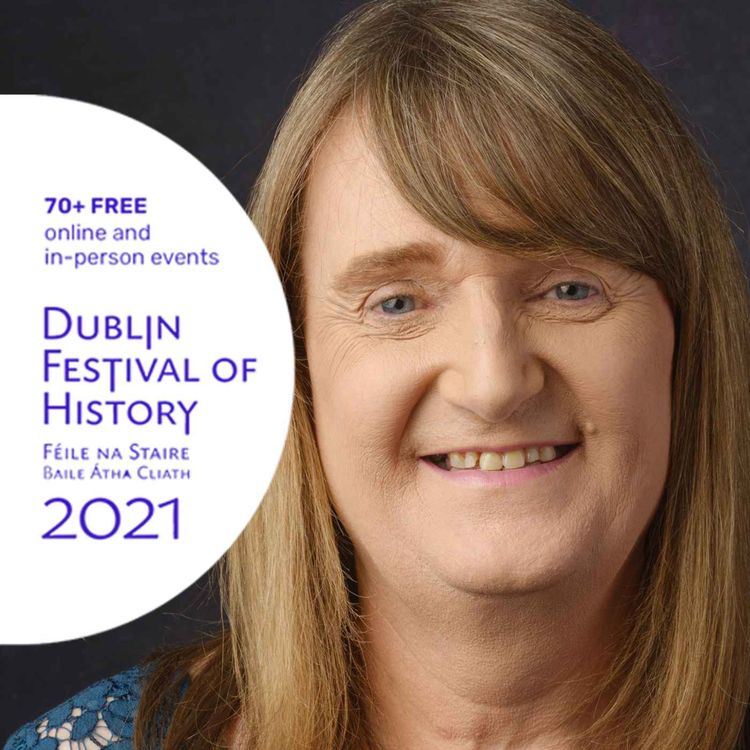
Dublin Festival of History Podcast
LGBTQ+ and Public History - Richard O’Leary, Maurice J Casey and Kate Drinane in Conversation with Sara Phillips
Season 2021, Ep. 13
•
Welcome to the Dublin Festival of History Podcast, brought to you by Dublin City Council.
In this episode from the 2021 Dublin Festival of History, we hear from practitioners who have worked on LGBTQ+ in public history, from grassroots projects to archives and museums.
The speakers are Richard O’Leary, Maurice J Casey and Kate Drinane. The moderator is Sara Phillips.
The episode was recorded at The Printworks, Dublin Castle on the 10th of October 2021.
The Dublin Festival of History is brought to you by Dublin City Council, and organised by Dublin City Libraries, in partnership with Dublin City Council Culture Company.
More episodes
View all episodes
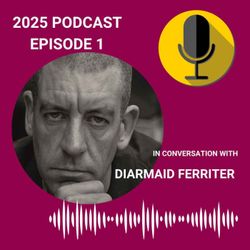
1. Sean O'Casey and the Dublin that made him
41:50||Season 2025, Ep. 1This episode, from the Dublin Festival of History 2025, is the 28th annual Sir John T. Gilbert Commemorative Lecture, delivered by Professor Diarmaid Ferriter of University College Dublin on the Dublin playwright Seán O’Casey; his formative years and what influenced his work, which incorporates so much of the social, cultural & political history of early twentieth century Dublin.This episode was recorded at the Round Room in the Mansion House, on 27th September, 2025.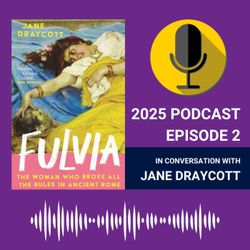
2. Fulvia: The Woman Who Broke All the Rules in Ancient Rome
48:14||Season 2025, Ep. 2This episode, from the Dublin Festival of History 2025, celebrates the charismatic Fulvia who amassed a degree of military and political power that was unprecedented for a woman in Ancient Rome. Acclaimed historian Jane Draycott has used original sources to piece together Fulvia’s life and sort fact from fiction, while also exploring the role of women in Roman society.This episode was recorded at the Round Room in the Mansion House, on 27th September, 2025.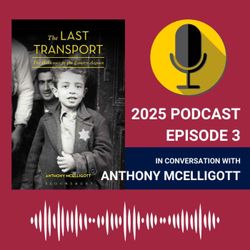
3. The Last Transport: The Holocaust in the Eastern Aegean
48:02||Season 2025, Ep. 3In this episode, from the Dublin Festival of History 2025, author Anthony McElligott talks about his book The Last Transport: The Holocaust in the Eastern Aegean, and why the timing of the transport raises important questions in relation to long-term ideological Nazi goals and the immediate contingency thrown up by war. This episode was recorded at the Round Room in the Mansion House, on 28th September, 2025.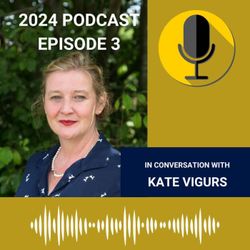
4. Mission Europe: The Secret History of the Women of Special Operations Executive
42:03||Season 2025, Ep. 4In this episode, from the Dublin Festival of History 2025, author Kate Vigurs tells the stories of the lesser-known women who worked across Europe, from the Netherlands to Belgium and Poland to Denmark, recruited by Britain's Special Operations Executive in the wake of the Nazi invasion of Europe.This episode was recorded at the Round Room in the Mansion House, on 28th September, 2025.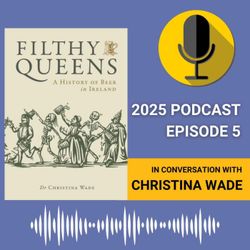
5. Filthy Queens: A History of Beer in Ireland
50:46||Season 2025, Ep. 5In this episode, from the Dublin Festival of History 2025, Dr Christina Wade looks at the history of beer alongside some of the biggest events in the story of Ireland, as explored in her book titled ‘Filthy Queens: A History of Beer in Ireland’. Christina is a co-host of the Beer Ladies Podcast.This was first published as an online talk, recorded on 30th September 2025.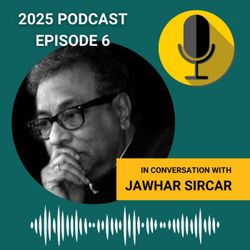
6. Getting Our Act Together – Interaction and Unity Between Irish and Indian Radicals
53:56||Season 2025, Ep. 6This episode, from the Dublin Festival of History 2025, discusses the common revolutionary sentiments in Ireland and India in the struggle against British occupation. The Easter Rising of 1916 encouraged freedom fighters in India, just as the Jallianwala Bagh massacre at Amritsar in India in 1919 horrified the Irish public. Insensitive statements made by General Dyer during his trial were condemned by Irish newspapers that covered the Amritsar massacre. As researched by Jawhar Sircar, a journalist and retired civil servant of the Indian government.This was first published as an online talk, recorded on 1st October 2025.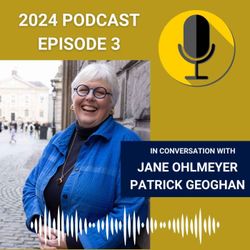
3. Making Empire: Ireland, Imperialism and the Early Modern World
39:52||Season 2024, Ep. 3Welcome to the Dublin Festival of History podcast, brought to you by Dublin City Council.In this episode, from the Dublin Festival of History 2024, Jane Ohlmeyer, Erasmus Smith’s Professor of Modern History (1762) at Trinity College Dublin, examines how Empire and imperial frameworks, policies, practices, and cultures have shaped the history of the world for the last two millennia. Making Empire re-examines empire as a process and Ireland’s role in it through the lens of early modernity. This conversation was chaired by Professor Patrick Geoghegan.This episode was recorded at Printworks, Dublin Castle, on 28th September 2024.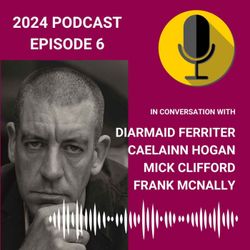
6. The Trouble with Recent History
45:50||Season 2024, Ep. 6Welcome to the Dublin Festival of History podcast, brought to you by Dublin City Council.This episode, from the Dublin Festival of History 2024, discusses the turbulent and troubled history of the last 50 years in Ireland. The country has seen violence in Northern Ireland, the collapse of the economy and bailout of the banks, the exposure of shocking abuse perpetrated by the Catholic Church and numerous referenda which have changed Irish society. So, when do recent events become history?Historians Diarmaid Ferriter, Caelainn Hogan and Mick Clifford in a conversation chaired by Frank McNally.This episode was recorded at Printworks, Dublin Castle, on 29th September 2024.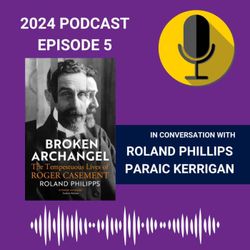
5. Broken Archangel: The Tempestuous Lives of Roger Casement
46:11||Season 2024, Ep. 5Welcome to the Dublin Festival of History podcast, brought to you by Dublin City Council.In this episode, from the Dublin Festival of History 2024, author Roland Phillips discusses his book Broken Archangel: The Tempestuous Lives of Roger Casement, chronicling the life and legacy of the British diplomat and Irish rebel executed for high treason. This conversation was chaired by author, researcher and lecturer Paraic Kerrigan.This episode was recorded at Printworks, Dublin Castle, on 28th September 2024.